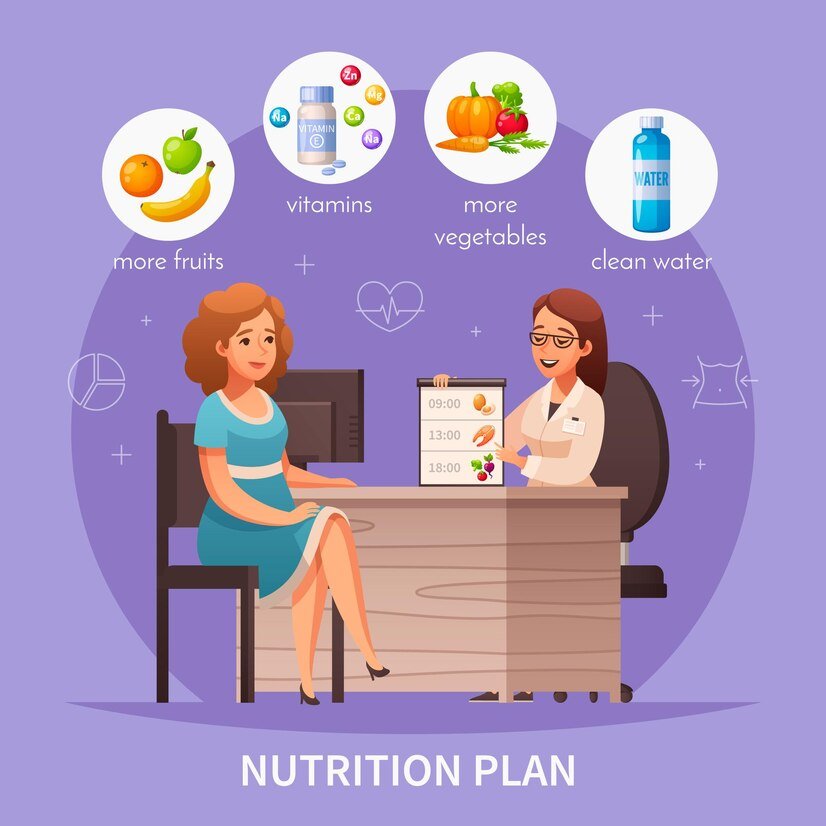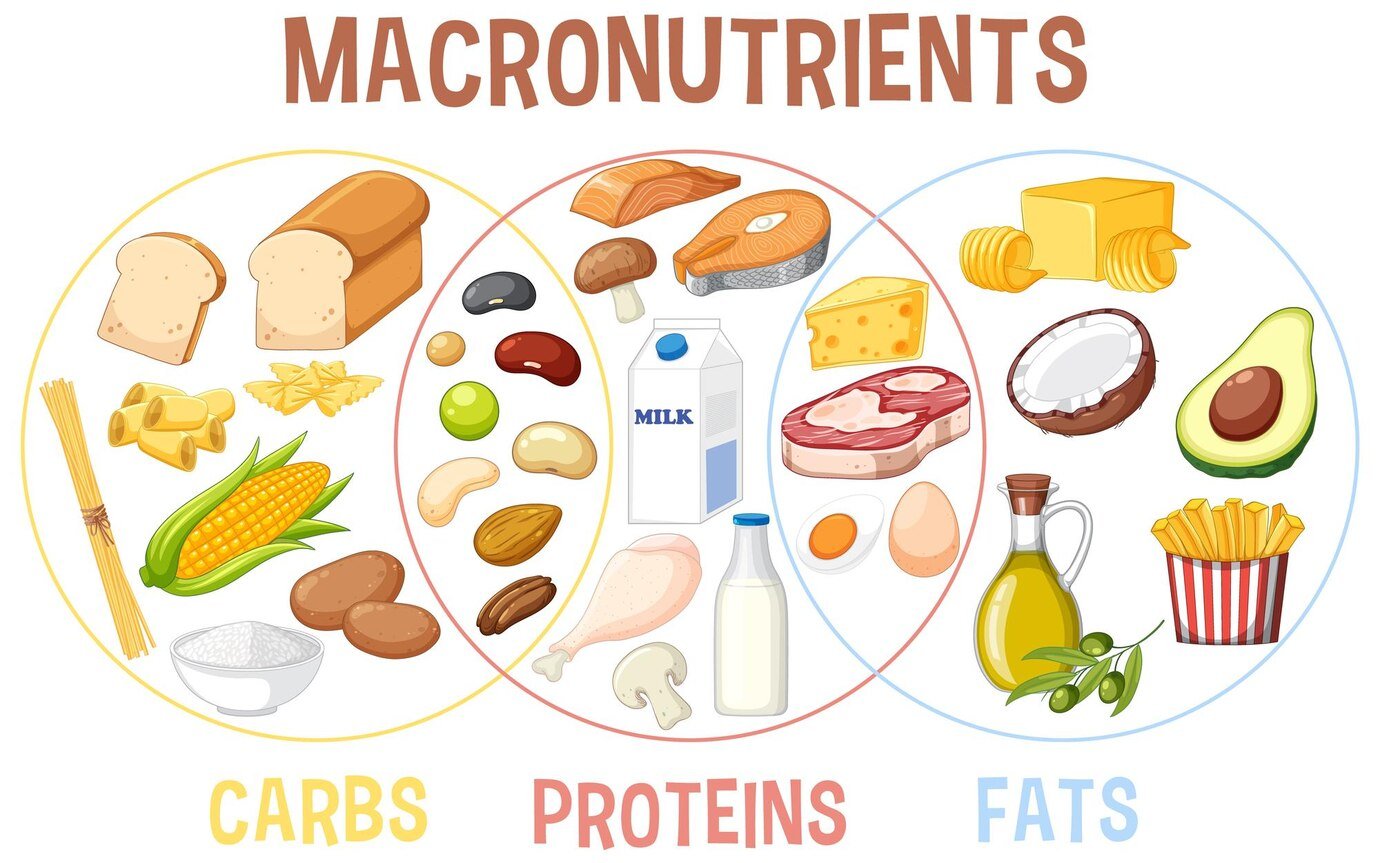Poor Nutrition | How fix poor nutrition | Poor Nutrition 2024
Poor Nutrition
poor nutrition the vast expanse of health and wellness, the significance of maintaining a well-balanced and nutrient-rich diet cannot be overstated. you grappling with the persistent issue of poor nutrition, fervently seeking a comprehensive guide to not only address but revitalize your eating habits? Your search ends here, as we embark on a detailed journey, offering not just a guide but a roadmap to a healthier, more nourished you.
Understanding the Root Causes
Poor nutrition, the silent adversary to well-being, manifests in various ways. Its origins lie in an inadequate intake of essential nutrients or an imbalance in dietary choices. Before embarking on the transformative journey to improve your nutrition, it’s imperative to delve into the root causes specific to your unique situation. Factors such as a bustling, time-starved lifestyle, limited access to fresh produce, or even misinformation about dietary needs can significantly contribute to suboptimal nutrition.
Unraveling the Complexities
Delving deeper, let’s unravel the complexities of poor nutrition. It’s not just about what you eat but also about how your lifestyle and choices interact with your body’s needs. The intricacies of individual biochemistry and metabolic rate play a pivotal role, making a personalized approach the key to lasting success.

Crafting a Nutrient-Rich Diet Plan
Assessing Your Dietary Needs
Embarking on the transformative journey towards better nutrition necessitates understanding your individual dietary needs. The first step involves consulting with a registered dietitian or nutritionist to conduct a meticulous, personalized assessment. This thorough examination unveils any deficiencies or excesses in your current diet, enabling the formulation of a meticulously tailored nutrition plan.
Unveiling the Science of Nutrients
Let’s explore the science behind nutrients. Each nutrient, be it vitamins, minerals, or antioxidants, plays a unique role in ensuring the optimal functioning of the body. A comprehensive understanding of these roles empowers you to make informed dietary choices, leading to a well-rounded and nourished body.
The Art of Meal Planning
Crafting a nutrient-rich diet plan is akin to creating a masterpiece. The canvas is your plate, and the colors are the diverse array of fruits, vegetables, whole grains, lean proteins, and healthy fats. Strive for not just a balanced plate but a colorful one, ensuring a spectrum of essential nutrients to fortify your health.
Dive into the World of Superfoods
Superfoods, a buzzword in the nutrition realm, are nutrient-dense powerhouses that go beyond basic nutritional content. From kale and quinoa to chia seeds and berries, incorporating these into your diet enhances the nutrient profile, offering a multitude of health benefits.

Balancing Macronutrients
Achieving optimal nutrition entails striking a delicate balance between macronutrients – proteins, carbohydrates, and fats. Each of these macronutrients plays a unique role in supporting bodily functions, and a harmonious intake is crucial for overall health.
The Protein Puzzle
Proteins, the building blocks of life, are vital for muscle repair, immune function, and hormone production. Explore lean protein sources such as poultry, fish, tofu, and legumes to ensure a diverse and complete amino acid profile.
Carbohydrates: Friend or Foe?
The debate surrounding carbohydrates often confuses individuals seeking nutritional guidance. Complex carbohydrates, found in whole grains, fruits, and vegetables, are essential for sustained energy levels and overall well-being. Understanding the difference between simple and complex carbohydrates empowers you to make informed choices.
Fats: The Good, the Bad, and the Essential
Fats, often vilified, are essential for various bodily functions. Distinguish between healthy fats found in avocados, nuts, and olive oil, and unhealthy fats present in processed and fried foods. Striking a balance ensures cardiovascular health and supports nutrient absorption.

Overcoming Common Nutrition Pitfalls
Mindful Eating Practices
In our fast-paced world, mindless eating habits are prevalent. Adopting mindful eating practices can be a game-changer. Pay attention to your body’s hunger and fullness cues, savor each bite, and minimize distractions during meals. This intentional approach fosters a deeper connection with the eating experience, promoting better digestion and nutrient absorption.
Steering Clear of Processed Foods
Processed foods, laden with added sugars, salt, and unhealthy fats, often contribute to poor nutrition. Making a conscious effort to minimize your intake of processed and ultra-processed foods is a pivotal step towards a healthier lifestyle. Opt for whole, minimally processed alternatives to provide your body with the essential nutrients it craves.
Supplementing Wisely
In certain situations, dietary supplements can serve as a valuable addition to your nutrition strategy.
The Supplement Conundrum
Supplements, while beneficial in addressing specific nutrient deficiencies, should be approached with caution. Consult with a healthcare professional or a registered dietitian to identify your unique needs and determine the appropriate supplements, if any.

Establishing Sustainable Habits
Setting Realistic Goals
Embarking on a journey to fix poor nutrition requires setting realistic and achievable goals. Instead of opting for drastic changes, consider small, incremental adjustments to your diet. This approach not only fosters immediate success but lays the foundation for long-term, sustainable habits.
Prioritizing Consistency
Consistency is the linchpin for nutritional improvements. Formulate a plan that aligns with your lifestyle, making it easier to maintain over the long haul. Consistent adherence to your chosen dietary path will yield lasting results, positively impacting your overall health and well-being.

Conclusion
In conclusion, the path to fixing poor nutrition involves a holistic approach that encompasses not only dietary choices but also mindful practices and personalized strategies. By understanding the root causes, embracing nutrient-rich foods, and cultivating sustainable habits, you can pave the way for a healthier and more vibrant life.
This comprehensive guide aims not just to provide information but to empower you to take charge of your nutritional journey. Remember, each step you take towards optimal nutrition is a step towards a healthier, more vibrant version of yourself.


Pingback: Mentally Active | How can I be mentally active?
Pingback: Mental Health Affect | How can mental health affect you?
Pingback: Best Foods for Muscle Growth